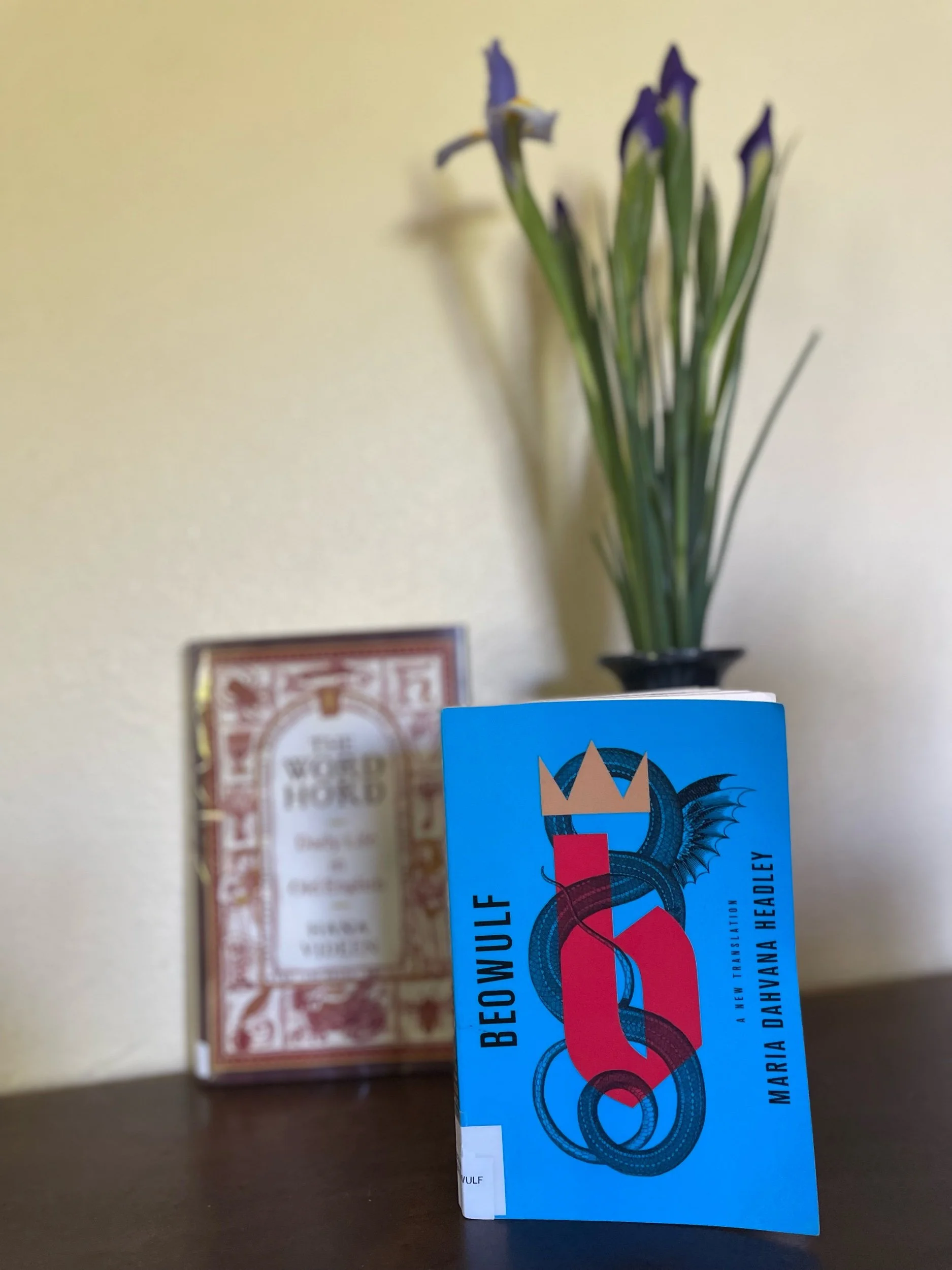Dearly: New Poems
Canadian author, Margaret Atwood, has become a household name. When people think of great writers of our time, she often makes the list. Atwood is thought of, however, primarily for her fiction. Works like Alias Grace and A Handmaid’s Tale have become everyday, particularly now that Netflix and Hulu have turned them into series that glow forth from our TVs or monitors or devices. But Atwood’s rich language and eloquence has always been what I admire most about her storytelling; her attention to precise words and careful craft. As such, it comes as no surprise to me that her recent poetry collection is moving, beautiful, revolting, and tear-inducing all at the same time. Margaret Atwood’s Dearly: New Poems (2020) is a lovely collection that reflects themes of aging and loss as well as the mythology, the classics, and magical creatures.
As anyone familiar with Atwood’s fiction may expect, a darkness runs through many of the poems that comprise Dearly. As with some of her most famous fiction, these poems often respond to injustice, patriarchal oppression, and misogyny. But they aren’t all dark. Even among the poems that create that tension, that discomfort in the reader’s mind’s eye, there is a beauty and a craft to appreciate.
My favorite poems in this collection are the ones that reflect upon aging and loss. The poem from which the collection gets its name, “Dearly,” plays with meaning of the term “dearly” and its many antiquated meanings. This and other poems reflect upon the many shifts in cultural recognition, metaphor, and understanding as we become an increasingly smartphone-dependent world. My favorite poem of the collection is its last: “Blackberries.” As a woman firmly entering middle age, replete with aging hands that at times startle me as my mother’s as I happen to catch a glimpse of them from the corner of my eye, I can certainly relate to stanzas like these:
Once, this old woman
I’m conjuring for you
would have been my grandmother.
Today it’s me.
Years from now it might be you,
if you’re quite lucky.
The hands reaching in
among leaves and spines
were once my mother’s.
I’ve passed them on.
Decades ahead, you’ll study your own
temporary hands, and you’ll remember.
Don’t cry, this is what happens.
(pages 121-122)
Nostalgia and longing for times and loves now passed on—from lost loved ones to lost myths—punctuate Atwood’s newest collection in Dearly. They are poems to linger over, to reread, to read out loud. Ultimately, they are poetry that reflect that thoughts and mental wanderings of an aging writer, an aging human, whose wisdom and word play are captivating and compelling.
Bibliography:
Atwood, Margaret. Dearly: New Poems. HarperCollins Publishers: 2020.






